Content from the Brookings-Tsinghua Public Policy Center is now archived. Since October 1, 2020, Brookings has maintained a limited partnership with Tsinghua University School of Public Policy and Management that is intended to facilitate jointly organized dialogues, meetings, and/or events.
The fate of arguably the most important bilateral relationship in the world will soon rest largely in the hands of American President-elect Donald Trump and Chinese President Xi Jinping, a prospect that has led other players around the world to wring their own hands in uncertainty.
But those concerns were far from what was on display when former U.S. Secretary of State Henry Kissinger joined Cheng Li, director of the Brookings Institution John L. Thornton China Center and author of the new book Chinese Politics in the Xi Jinping Era: Reassessing Collective Leadership, for an upbeat and wide-ranging discussion in New York City on December 14. The conversation and book launch, which was hosted by the Committee of 100 and the Cheung Kong Graduate School of Business and moderated by former U.S. Trade Representative Carla Hills, examined the prospects for U.S.-China relations and the world order in the Trump-Xi era.
The conversation began with Kissinger reassuring the audience about the state of U.S.-China relations: “I am optimistic that the cooperative way will prevail. Keep in mind that if China and America are in conflict, then the whole world will be divided.”
In response to concerns about President-elect Trump’s handling of U.S.-China relations following his call with Taiwan’s leader and his comments on the One-China policy, Kissinger said: “Every president of both parties since 1971 has accepted this framework, and once that framework is studied, I do not expect it to be overturned…To make Taiwan the key issue at the beginning of this dialogue, is in my view unwise and not the most efficient way of proceeding.”
When it comes to historical and current events in U.S.-China relations, Kissinger’s perspective is worth heeding. After all, not only did he orchestrate the opening to China with President Nixon in the early 1970s, he is also the only person to have met with both Xi and Trump since the U.S. presidential election in November.
Cheng Li, whose new book provides probing analysis of President Xi’s administration and an outlook for the leadership changes coming at China’s 19th party congress in 2017, agreed with Kissinger’s assessment of the state of U.S.-China relations: “If the Trump administration, in the first year or so, can really engage with China strategically in a constructive and comprehensive way, President Trump and President Xi will find that the incentives for cooperation are much greater than for confrontation.”
“If the Trump administration, in the first year or so, can really engage with China strategically in a constructive and comprehensive way, President Trump and President Xi will find that the incentives for cooperation are much greater than for confrontation.”
Beyond the bilateral relationship, Kissinger and Li also agreed that Russia will play an outsized role in a Trump presidency. Li suggested that the new administration presents an opportunity to promote a new paradigm—originally proposed by Kissinger years ago—that has recently been repackaged by Stanford historian Niall Ferguson as “the new American-Chinese-Russian tripartite arrangement.” As Li explained further:
“this does not necessarily mean that the U.S. should use Russia to contain China or use China to deal with Russia. The fact is that all three countries face the same daunting challenges of terrorist attacks, nuclear proliferation, and cyberspace insecurity. There may be a real opportunity for these three countries to appreciate their shared interests in responding to common challenges and thus searching for a new world order.”
The U.S.-Russia relationship was also raised in the context Rex Tillerson’s nomination to serve as secretary of state, the post Kissinger once held. Kissinger praised Tillerson, explaining:
“I pay no attention to this argument that he’s too friendly to Russia. As head of Exxon, it’s his job to get along with Russia. He would be useless as head of Exxon if he did not have a working relationship with Russia. We should not think about these relationships as the personal relationship of individuals.”
Similar to Tillerson’s relationship with Russian President Vladimir Putin, Trump’s chosen ambassador to China, Iowa Governor Terry Branstad, has a strong relationship with President Xi dating back to 1985 when Xi visited Iowa as a local official. Li emphasized that the selection of Branstad as ambassador is an encouraging sign that reflects Trump’s recognition of the importance of U.S.-China relations.
When asked how he would advise President-elect Trump on China, Li suggested that in addition to understanding the hopes and fears of the Chinese people, Trump “needs to visit China early in his presidency and allow the Chinese leaders and the public to get to know him.”
To conclude his advice, Li paraphrased Kissinger in suggesting another tactic that Trump might find useful in negotiating with Chinese leaders: “You can solve anything if you eat enough Peking duck.” Kissinger retorted: “I always thought I had said Maotai (a distilled Chinese liquor)!”
The Brookings Institution is committed to quality, independence, and impact.
We are supported by a diverse array of funders. In line with our values and policies, each Brookings publication represents the sole views of its author(s).

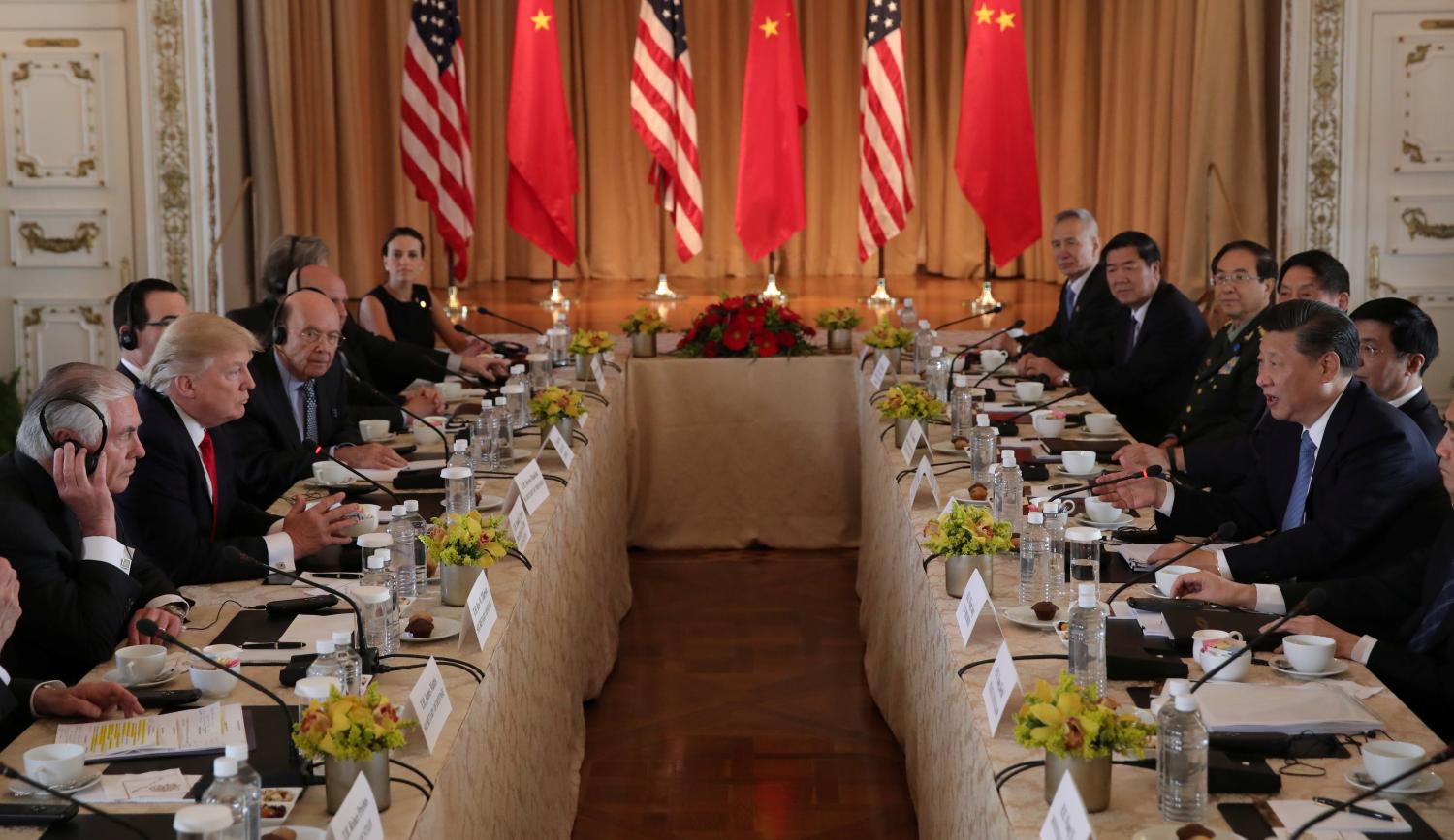
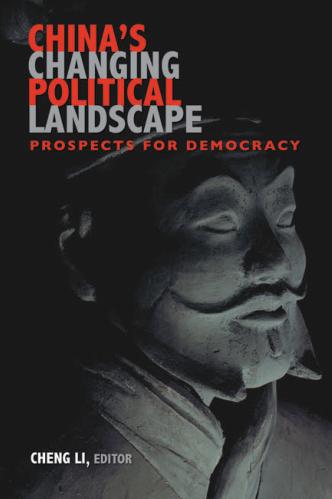
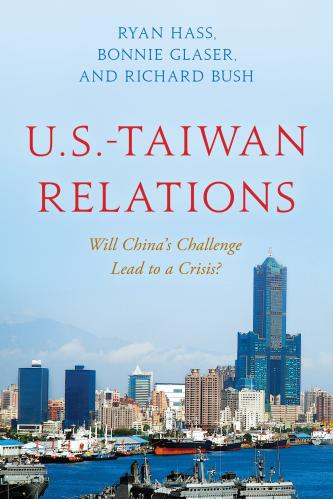
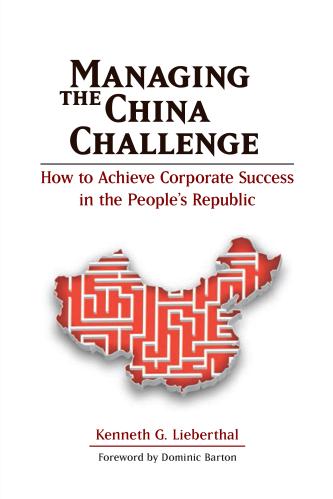
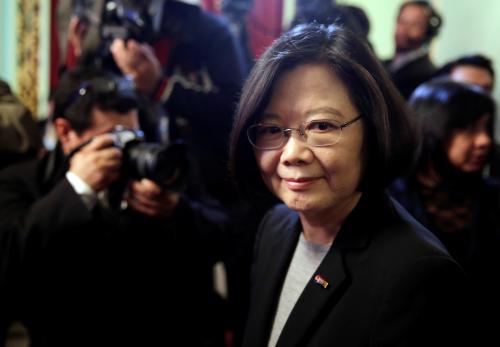
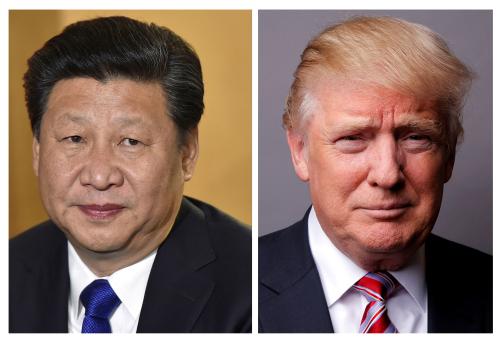
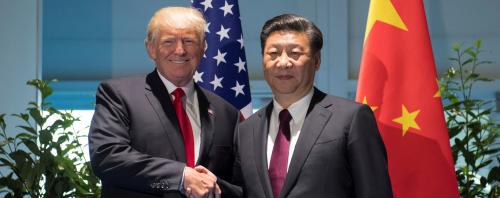
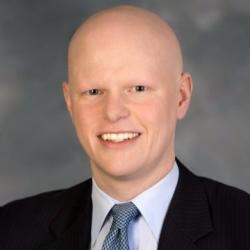



Commentary
Henry Kissinger and Cheng Li express cautious optimism about U.S.-China relations in the Trump-Xi era
December 22, 2016